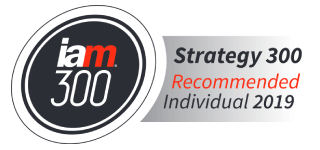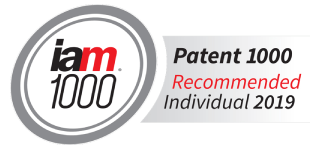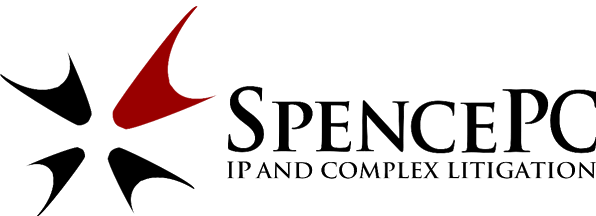Services
Practice Areas
Why SpencePC?
Clients choose SpencePC because we do outstanding work for fair compensation. Unlike our competitors, we encourage the use of alternative-fee agreements that more closely align our clients’ interests with the Firm’s interests. As a result, our clients pay only for the value they receive.
Our Philosophy
Our philosophy is simple: be outstanding and offer a unique value proposition. Hourly billing creates the wrong incentive for attorneys to work longer, not smarter. Instead, we encourage alternative-fee arrangements that reward success and efficiency. By doing so, our attorneys remain focused on obtaining the best results for our clients in the most cost-efficient manner.
Our Skills
We are attorneys who specialize in intellectual property and complex litigation. We hold science, engineering, and law degrees from the nation’s top schools. Following our education, each of us received years of additional training from prestigious, top-tier law firms. Our billing model ensures we remain focused on obtaining the best results in the most cost-efficient manner.
Associations & Accolades
CHOOSING WHERE TO LITIGATE: Venue Considerations After In Re Google
By AJ Wenn, Gopal Gannamraj and Alok Parikh
Before filing suit, one of the most important decisions a plaintiff will make is where to file. While certain venues tend to be more plaintiff friendly, such as the Eastern and Western districts of Texas, other venues favor defendants, such us the Northern District of California 1 .
Under 28 U.S.C. §1400(b), “[a]ny civil action for patent infringement may be brought (1) in the judicial district where the defendant resides, or (2) where the defendant has committed acts of infringement and has a regular and established place of business.” The Supreme Court in TC Heartland LLC v. Kraft Foods Grp. Brands 2 , further defined the standards of §1400(b). In particular, TC Heartland narrowed the definition of “resides” to districts where a business is incorporated. Accordingly, if a plaintiff wishes to litigate in a court outside the state of incorporation, a plaintiff must bring suit where a business has committed acts of infringement and has a regular and established place of business 3 .
The Federal Circuit expounded upon the TC Heartland decision in In re Cray, Inc. 4 , holding that a regular and established place of business must be: (1) a physical place in the district; (2) regular and established; and (3) the place of the defendant. Importantly, the court noted that a regular established place of business may be the “physical, geographical location in the district from which the business of the defendant is carried out 5 .”
In the recent case of In re Google 6 , the Federal Circuit further narrowed the definition of a “regular and established place of business.” The plaintiff, Super Interconnect Technologies (SIT), filed suit against Google in the Eastern District of Texas, claiming that venue was proper because Google’s Global Cache (GGC) servers were located within the district. The servers were not owned by Google but were hosted and maintained in racks by third party Internet Service Providers (ISP). In analyzing the factors established in both TC Heartland and In re Cray , the court agreed that the presence of GGC servers within the Eastern District of Texas satisfied the first element, and that Google had a physical place within the district. However, regarding the second element, the court ruled that a place of business requires the regular, physical presence of an employee or other agent of the company. Expanding on this statement, the court concluded that the third-party ISP running the servers was not an agent of Google and that venue was improper under 28 U.S.C. §1400(b).
While this ruling provides some guidance on the difference between an employee/agent and a third-party contractor in terms of venue, there remains some gray area regarding the specific activities and frequency of these activities an individual must perform in the district to establish venue. Accordingly, future cases will have to decide if other offices’ activities within a business meet this standard. For example, future cases will likely have to examine whether activities performed at a human resources or marketing office, are enough to establish venue.
The key takeaway from these cases is to file suit where the defendant is operating a physical location not controlled by a third-party contractor.
If you have any questions about venue selection, please feel free to contact SpencePC. Our attorneys have experience litigating in a variety of venues, including the Northern District of Illinois, District of Delaware, Northern District of California, Eastern District of Texas, and Western District of Texas. We are also happy to discuss any IP issues you may face, including patent litigation, patent applications and prosecution, trademark applications and prosecution, copyright filings, trade secrets, or other complex litigation matters.
1
See
https://media2.mofo.com/documents/181001-tc-heartland-one-year-on.pdf
2
TC Heartland LLC v. Kraft Foods Grp. Brands LLC
, 137 S. Ct. 1514 (2017)
3
Id.
4
In re Cray, Inc.
, 871 F.3d,
5
Id.
at 1362.
6
In re Google
, Case No. 19-126
The post CHOOSING WHERE TO LITIGATE: Venue Considerations After <em>In Re Google</em> appeared first on SpencePC.











